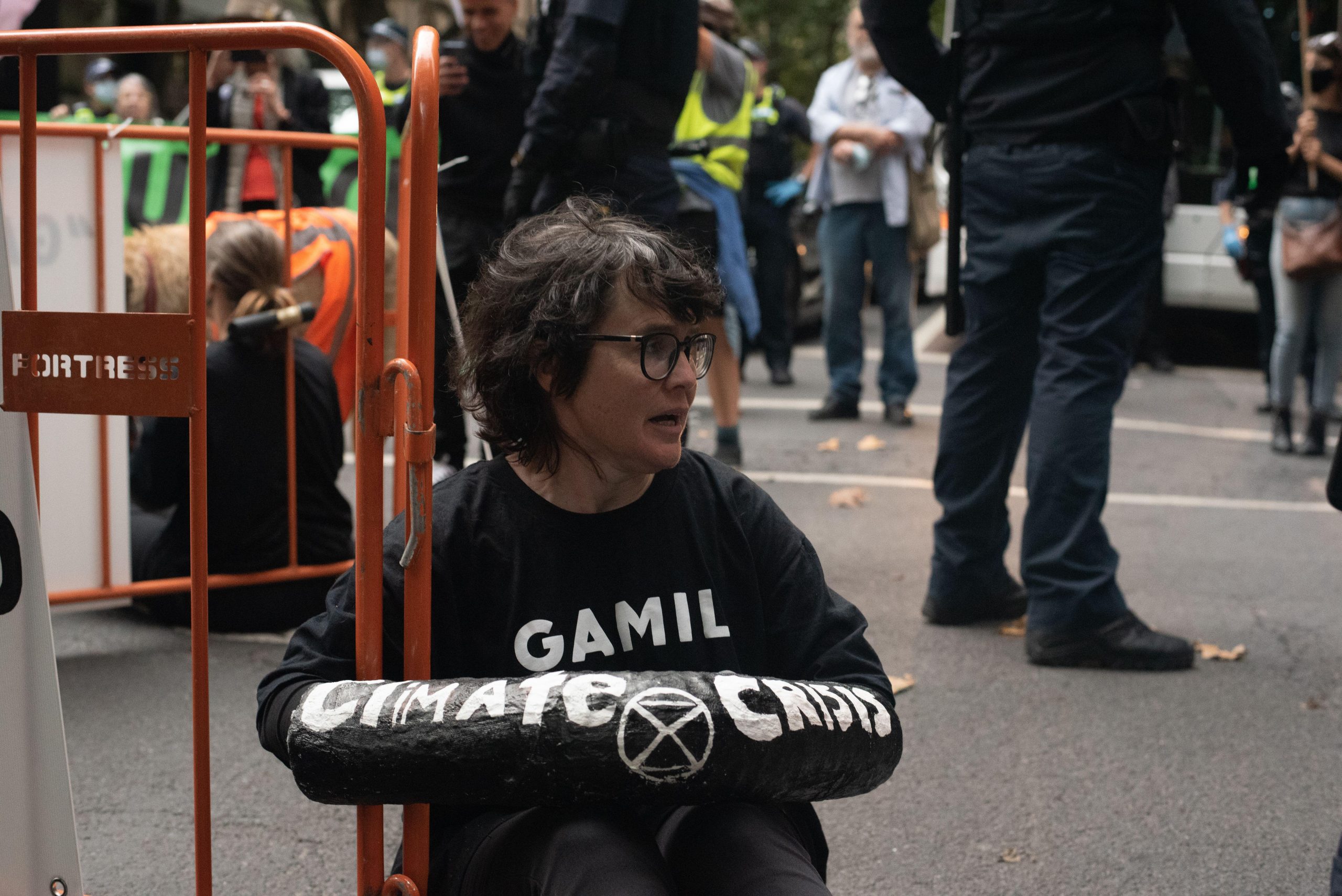
Transparency is no longer just an obsession for journalists and campaigners, writes Chris Ames
The Telegraph may –– or may not –– have reached the bottom of the very large barrel that is the MPs’ expenses scandal. But beyond new revelations about council tax and the claims of candidates for speaker, the weekend’s most important development was the announcement that the police have started a criminal investigation. The whole affair has struck a huge blow for transparency and freedom of information, not to mention cheque book journalism. In doing so, it has turned assumptions about right and wrong, privacy and secrecy, on their heads.
Yesterday the Observer, said the obvious conclusion from the events of recent weeks is that transparency matters. It could have said that transparency now matters to the wider public and is no longer just the obsession of a few journalists, freedom of information (FOI) campaigners and other anoraks.
Having seen what secrecy lets the political class get away with, people are very tuned in to it and want more than ever to exercise their right to know. A number of news outlets, including the BBC and the Guardian, invited members of the public to do their own investigations and the Guardian says today that 20,000 people have so far taken part in what it calls “a groundbreaking crowd sourcing exercise”.
The raw material for the exercise is the version of MPs’ expenses claims that House of Commons authorities were finally forced to publish under the FOI Act, with huge parts blacked out.
Here traditional journalism has the advantage and has had a huge headstart. The Telegraph had published or was able to publish the unredacted versions of the same document. It became apparent very quickly what a farce MPs’ attempt at openness was. People now know not only what redaction is but why it is done –– not always for the reasons claimed. As Labour’s Tony Wright said on Friday’s Newsnight, MPs’ “capacity for making it worse is infinite”.
The fact that the information came into the public domain quicker and in a fuller form via a leak shows the limitations of the FOI apartus and in the Telegraph’s view justifies decision to pay a large amount of money via an intermediary for personal data that has effectively been stolen. Anyone denying that exposing the scandal was in the public interest would get no further than the doomed suggestion that the police might investigate the leak. Data theft, fuelled by chequebook journalism, has become the lesser of two evils.
Instead, it is the actions of a select number of MPs that will be the focus of an investigation by the Metroplitan Police’s Economic and Specialist Crime Command.
But which was the greater political blunder –– the redaction of MPs’ expenses claims or Brown’s abortive attempt at a secret Iraq inquiry? However little the prime minister had to do with the former, he is likely to get a lot of the blame, as this month’s elections showed. The attempted Iraq cover-up was all his own work, but it showed the same failure to grasp that the rules of the game have changed.
As I pointed out last week, after the expenses scandal the idea that secrecy is being used to protect the reputation of public figures was bound to provoke more suspicion. I certainly did not predict how quickly it would all unravel. It was revealed at the weekend that one public figure whose need for secrecy was being accommodated was Tony Blair. Within a week, not only has the cover-up unraveled but leaks have revealed the cover-up itself.
Watching Brown’s statement last Monday, I noticed that he used the word “private” rather than “secret” to describe his inquiry, in the way that both he and Blair never talk about going to war but “into conflict”. He persuaded the BBC, amongst others, to use his language.
Secrecy has become a dirtier word than ever, but it is not interchangeable with privacy and public interest is not the same as “the public interest”. With both the expenses scandal and the Iraq inquiry, secrecy has failed and a mixture of public interest and the public interest has trumped claims to privacy. Untangling all the implications will take a while yet.





